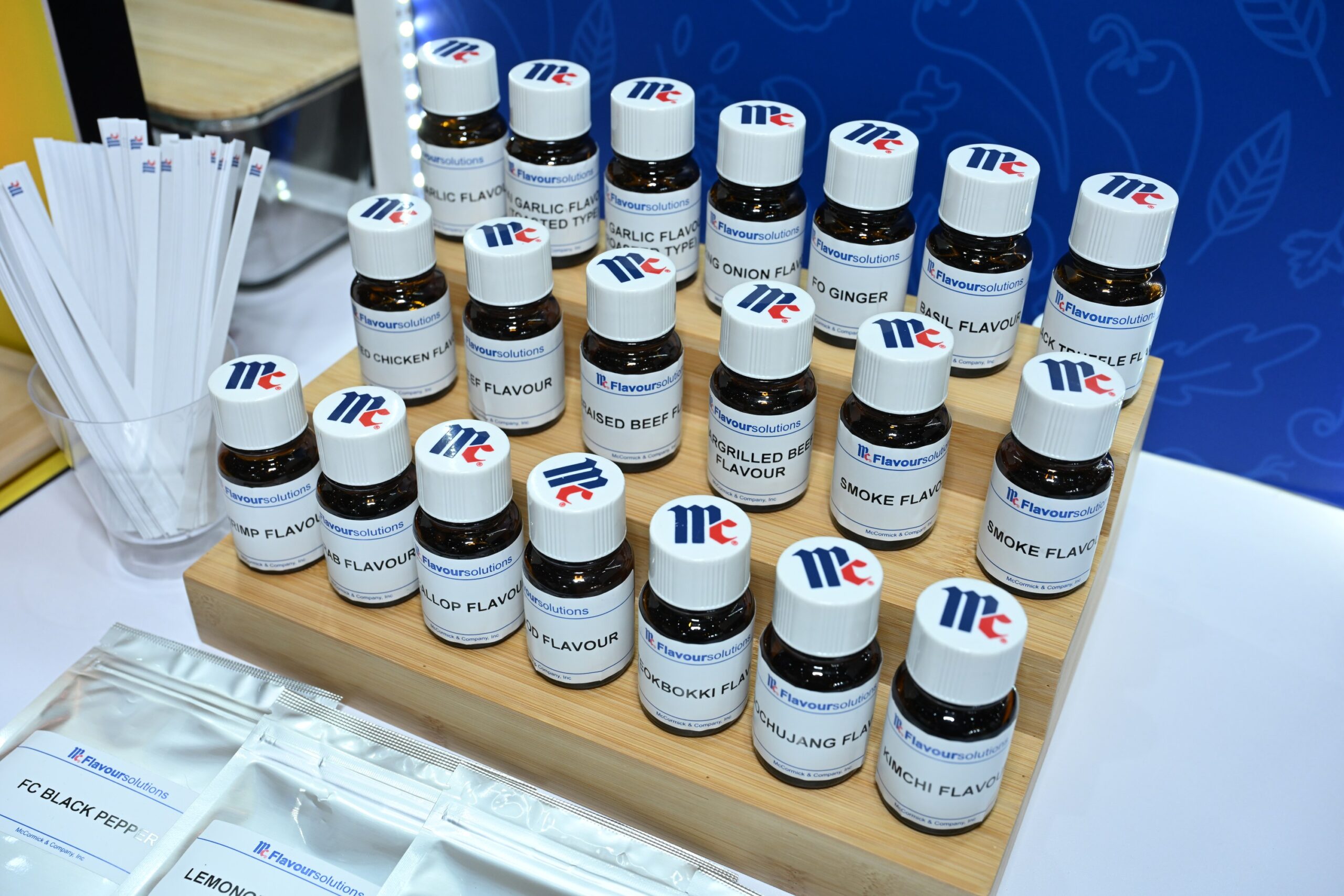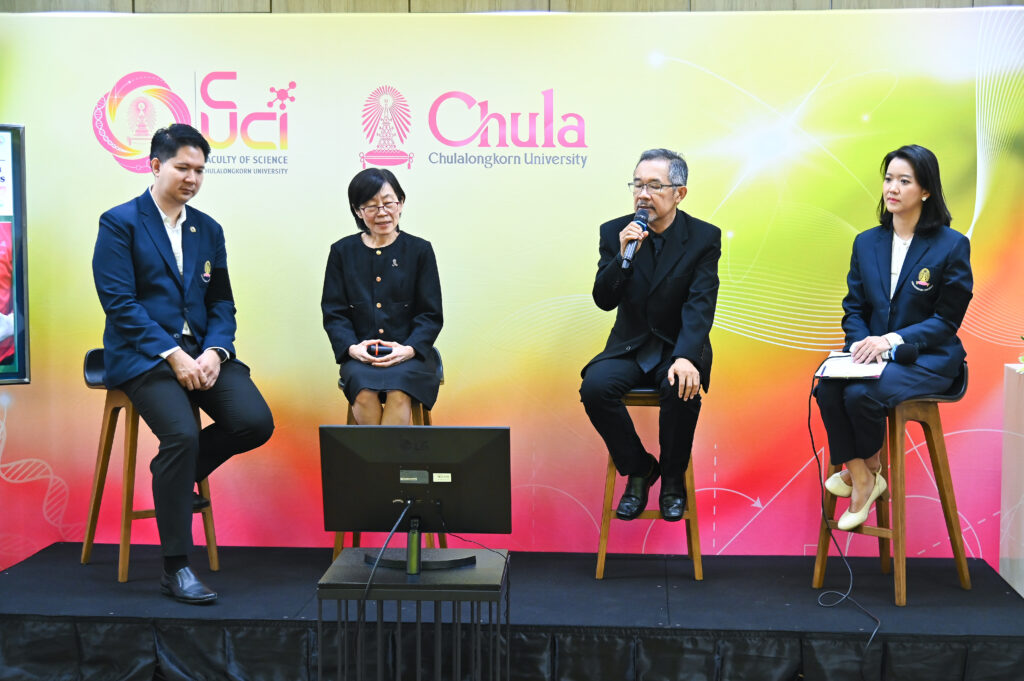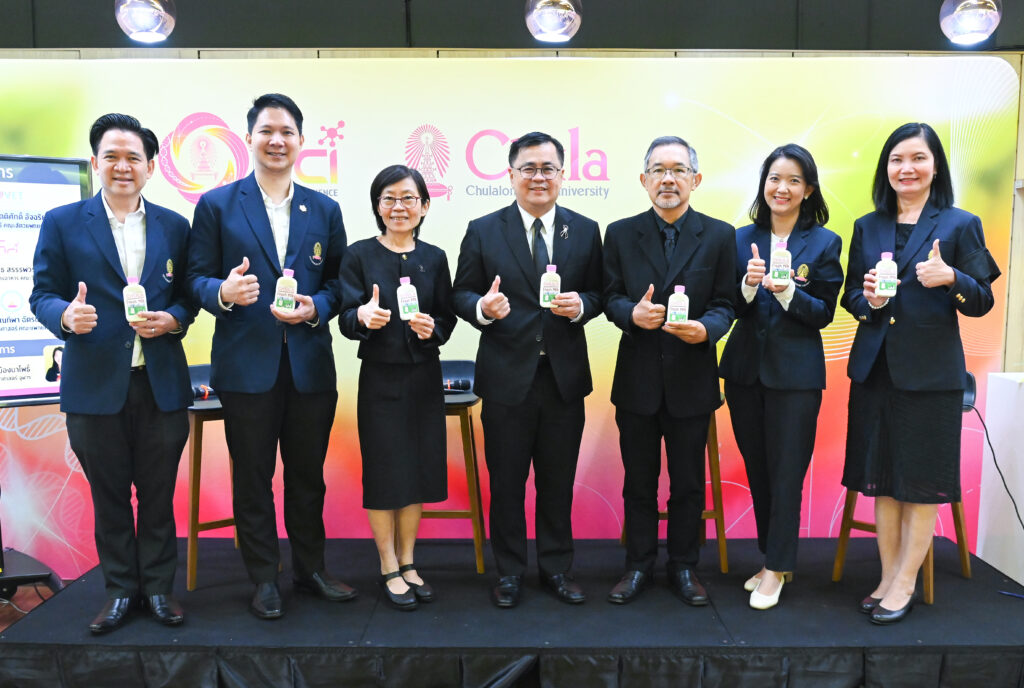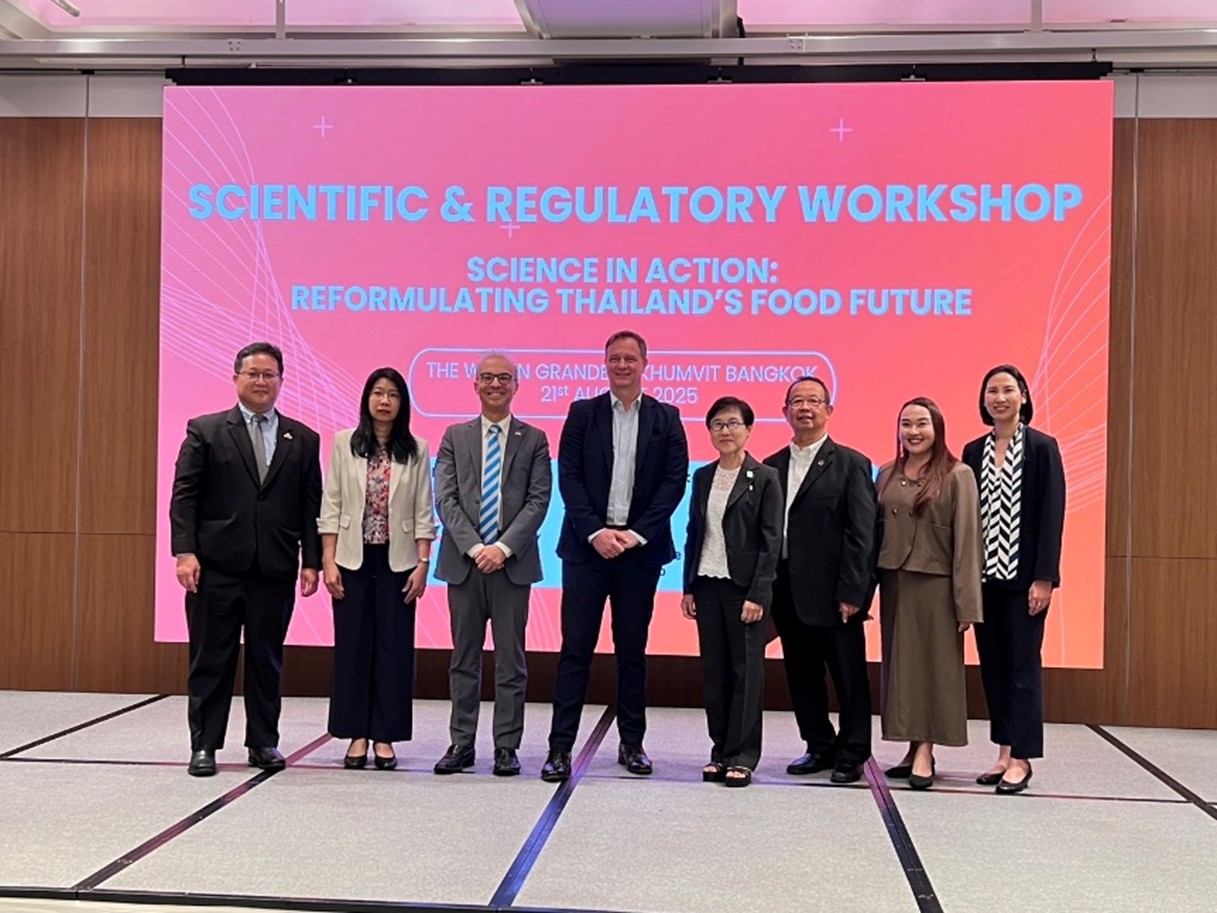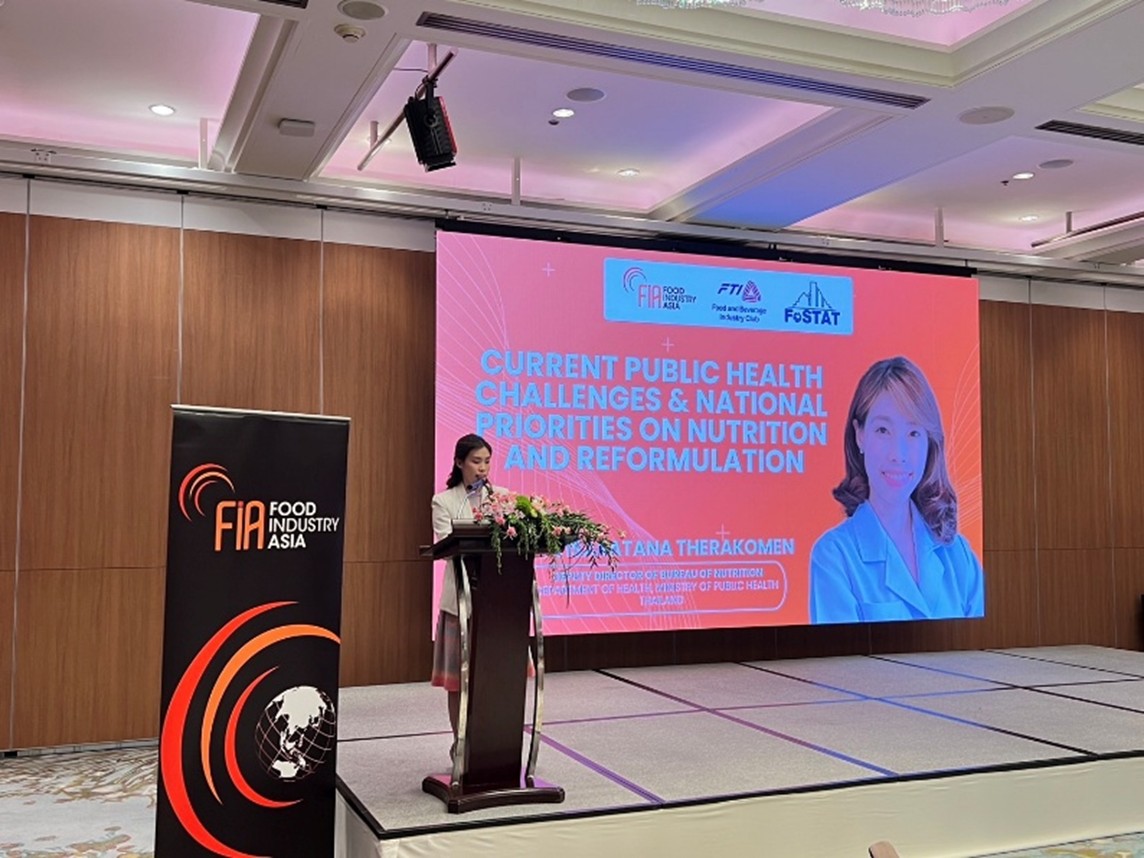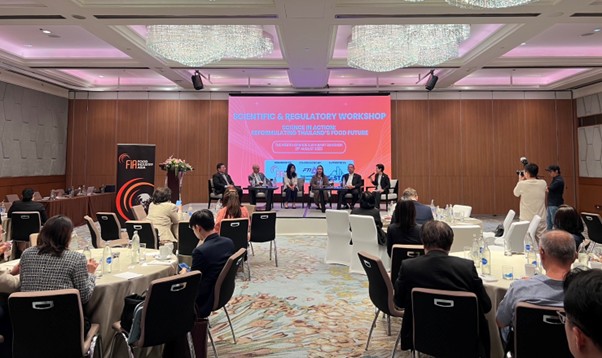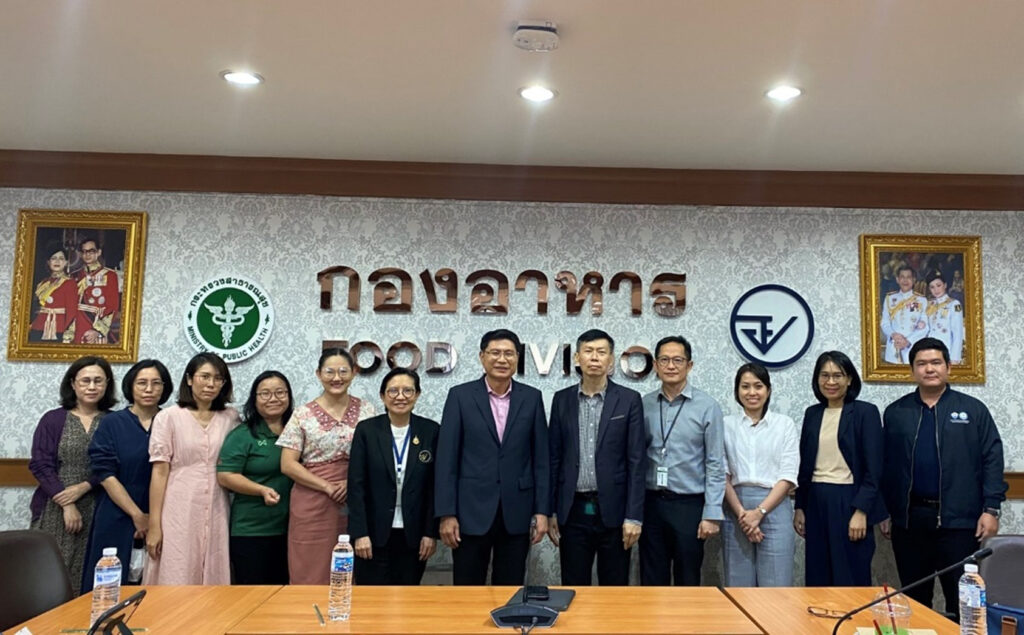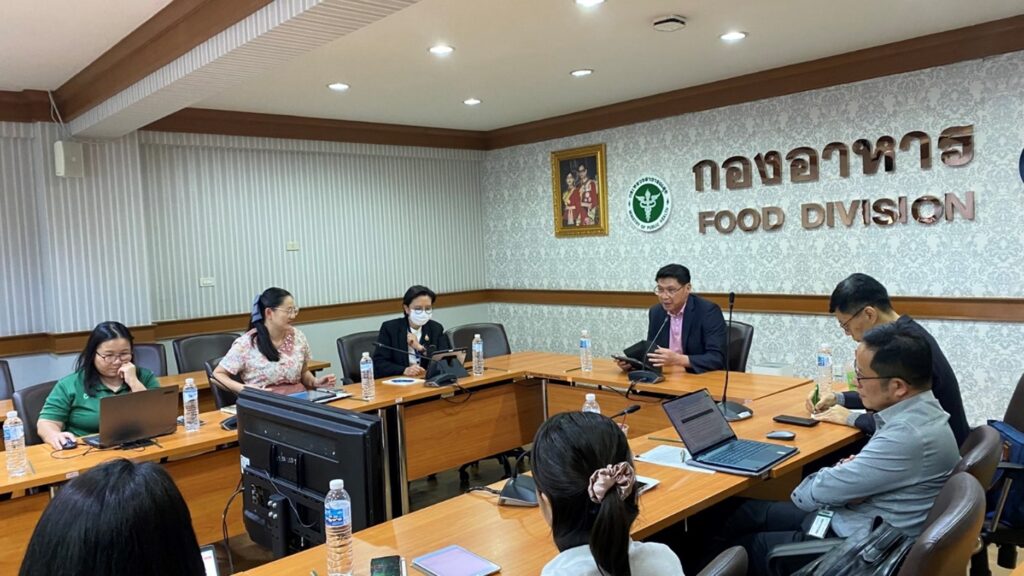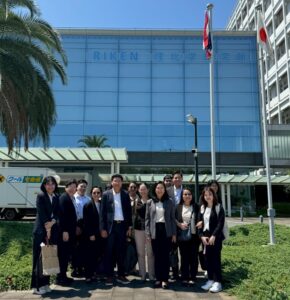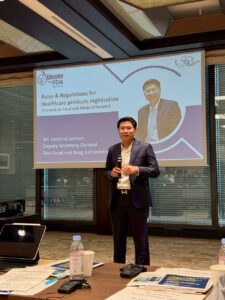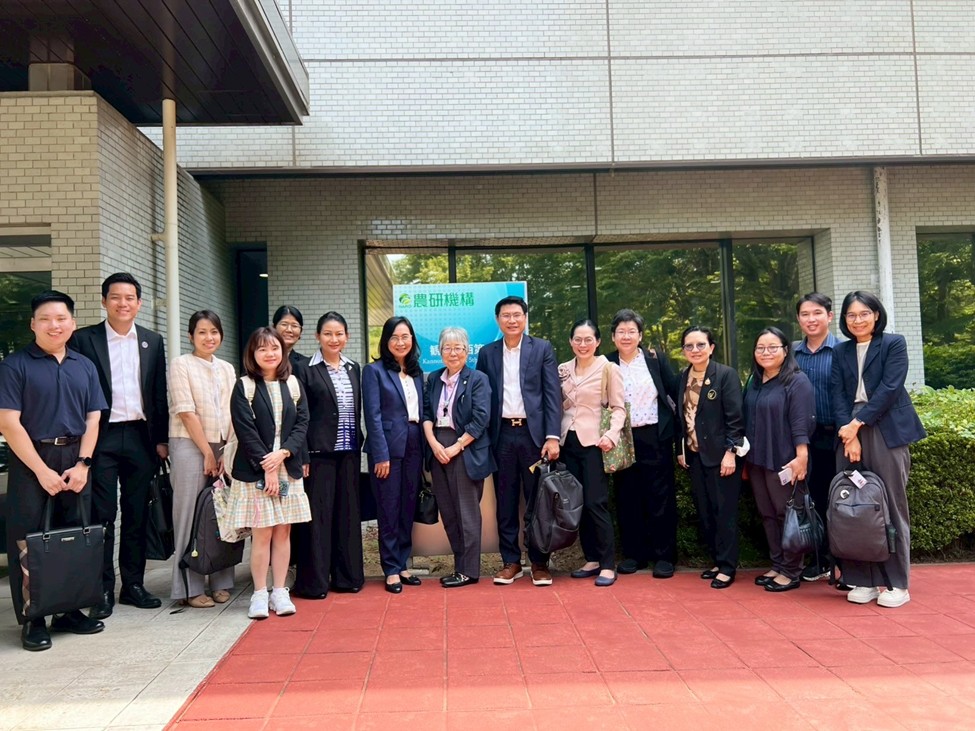September 2025

BENEO secures first-ever Thai FDA approval for exclusive prebiotic claim
BENEO, a leading manufacturer of functional ingredients for food, feed and pharma has received Thai FDA (Food and Drug Administration) approval for an exclusive prebiotic claim for its chicory root fibre, Orafti® Inulin. It is the first ingredient producer to receive such an approval by the Thai FDA based on rigorous scientific evaluation by the Center for Nutrition Assessment and Health Claims of Thailand (CNACT).

This milestone comes at a time when consumer interest in digestive health is surging. A recent survey conducted by FMCG Gurus found that digestive health is the second most important health priority for Thai consumers over the next 12 months. Against this backdrop, the new Thai FDA-approved exclusive prebiotic claim offers manufacturers a powerful way to align with consumer expectations and drive purchase decisions.
The approval follows a rigorous scientific evaluation by the CNACT, established under the Nutrition Association of Thailand, and with final authorisation from the Thai FDA. The process required human intervention studies as well as systematic reviews and meta-analyses – the highest level of scientific evidence – highlighting the robustness of the data supporting the prebiotic effect of Orafti® Inulin.
Orafti® Inulin is derived from chicory root via a gentle hot water extraction method and is one of the few prebiotics recognized internationally by the International Scientific Association for Probiotics and Prebiotics (ISAPP). Chicory root fibres are the most studied prebiotics worldwide and are the only plant-based option available.

Caroline Bustandi, Head of Regulatory Affairs Asia Pacific at BENEO, said: “We are pleased that BENEO’s chicory root fibre inulin is the first and only prebiotic to be recognized by the Thai FDA following a stringent scientific evaluation. This means that food and drink manufacturers in Thailand can formulate appealing products with BENEO’s prebiotic Orafti® Inulin and credibly communicate their health benefits on pack. This makes it easier for consumers to make informed choices to support their digestive health – a growing consumer demand in the Asia Pacific region.”
BENEO will showcase its prebiotic solutions at Fi Asia 2025, from 17–19 September at the Queen Sirikit National Convention Center. Visitors to BENEO’s booth (L02) can sample innovative applications featuring Orafti® Inulin, such as flavoured prebiotic water and brookies. In addition, prototypes made with other BENEO functional ingredients – including tea gummies with the smart sugar Palatinose™ and a crunchy noodle snack with the beta-glucan rich barley flour Orafti® β-Fit – will also be available, demonstrating how indulgence and health can go hand in hand.
BENEO ได้รับการอนุมัติจากสำนักงานคณะกรรมการอาหารและยาของไทยยืนยันคุณประโยชน์พรีไบโอติกในผลิตภัณฑ์เป็นรายแรกและรายเดียวในขณะนี้
กรุงเทพมหานคร, วันที่ 18 กันยายน พ.ศ. 2568 – BENEO ผู้นำในอุตสาหกรรมการผลิตส่วนผสมอาหารเชิงหน้าที่ (Functional Ingredients) สำหรับอาหารของคน อาหารสัตว์และยา ได้รับการอนุมัติจากสำนักงานคณะกรรมการอาหารและยา (อย.) ยืนยันคุณประโยชน์ พรีไบโอติก (Prebiotic Claim) ในผลิตภัณฑ์ใยอาหาร (Fibre) ที่สกัดจากรากชิโครีภายใต้แบรนด์ Orafti® Inulin นับว่าเป็นผลิตภัณฑ์ส่วนผสมเชิงหน้าที่ของอาหารรายแรกและรายเดียวในขณะนี้ที่ได้รับการอนุมัติจาก อย. ของไทย โดยอ้างอิงจากผลการประเมินตามเกณฑ์ที่เข้มงวดของศูนย์การประเมินทางโภชนาการและการกล่าวอ้างทางสุขภาพแห่งประเทศไทย (Center for Nutrition Assessment and Health Claims of Thailand : CNACT)
ความสำเร็จครั้งนี้สอดคล้องกับตัวเลขผู้บริโภคที่ใส่ใจต่อสุขภาพของระบบย่อยอาหารที่เพิ่มสูงขึ้นอย่างรวดเร็ว โดยยืนยันจากผลการตอบแบบสำรวจที่ทำโดย FMCG Gurus ฉบับล่าสุดพบว่า สุขภาพการย่อยอาหารเป็นสิ่งที่ผู้บริโภคชาวไทยให้ความสำคัญมากที่สุดเป็นอันดับที่สองภายในระยะเวลา 12 เดือนข้างหน้า การได้รับการอนุมัติจากสำนักงานคณะกรรมการอาหารและยา (อย.) ของประเทศไทยให้เป็นผลิตภัณฑ์แรกที่ยืนยันคุณประโยชน์ของพรีไบโอติกช่วยสร้างโอกาสใหม่ให้ผู้ผลิตอาหารในไทยมีทางเลือกที่จะสร้างผลลัพท์อันยิ่งใหญ่ที่จะสามารถตอบสนองความคาดหวังและมีอิทธิพลต่อการตัดสินใจเลือกซื้อของผู้บริโภคได้
การอนุมัตินี้ต้องผ่านขั้นตอนการประเมินอย่างเป็นวิทยาศาสตร์ที่เข้มงวดโดย CNACT ซึ่งจัดตั้งขึ้นภายใต้สมาคมโภชนาการแห่งประเทศไทย (Nutrition Association of Thailand) เป็นที่เรียบร้อยเสียก่อนจึงจะได้รับการอนุมัติจากสำนักงานคณะกรรมการอาหารและยาของไทย กระบวนการนี้จำเป็นต้องมีการวิจัยเชิงทดลองกับมนุษย์ โดยเปรียบเทียบผลระหว่างกลุ่มแทรกแซงกับกลุ่มควบคุม (human intervention studies) รวมถึงการทบทวนเอกสารที่เกี่ยวข้องอย่างเป็นระบบและการวิเคราะห์อภิมานเชิงสถิติ (meta-analyses) – เพื่อเป็นหลักฐานทางวิชาการที่หนักแน่นสำหรับเป็นข้อมูลสนับสนุนคุณสมบัติพรีไบโอติกของ Orafti® Inulin
Orafti® Inulin ถูกสกัดมาจากรากชิโครีโดยผ่านกรรมวิธีการสกัดด้วยน้ำร้อน (gentle hot water extraction) และเป็นหนึ่งในผลิตภัณฑ์พรีไบโอติกไม่กี่ชนิดที่ถูกยอมรับโดย International Scientific Association for Probiotics and Prebiotics (ISAPP) ใยอาหารจากรากชิโครีเป็นพรีไบโอติกที่ได้รับการศึกษาทั่วโลกและเป็นทางเลือกเดียวที่มาจากพืชในขณะนี้
For further information on BENEO and its ingredients, please visit: www.beneo.com and www.beneo.com/news or LinkedIn: www.linkedin.com/company/beneo
BENEO has long-term experience in developing and producing plant-based functional ingredients from natural sources for the food, feed and pharmaceutical industries. By supporting health and optimizing taste and texture, they help improve the nutritional and technical properties of a wide variety of products.
Through a unique chain of expertise, BENEO offers customers advice and inspiration on new product ideas that support a healthy lifestyle in a holistic way. This includes the BENEO-Institute that provides decisive insights into nutrition science and legislation, and the BENEO-Technology Center that consults in application technology.
Formed in 2007, BENEO is active in over 80 countries, employs more than 1200 people and has seven state-of-the-art production sites in Belgium, Chile, Germany, Italy and the Netherlands that deliver high-quality ingredients at all times.
BENEO, a division of the Südzucker Group, employs more than 1,200 people and has production units in Belgium, Chile, Germany, Italy, and the Netherlands.
For further press information, please contact:
Gabrielle Serena, FINN Partners Singapore
Tel: +65 9270 3405
Email: BENEOAsia@finnpartners.com
For further information please contact:
Inga Heinemann, Head of Corporate Communication, BENEO
Maximilianstraße 10, 68165 Mannheim, Germany
Phone: +49 621 421 179
Email: Inga.Heinemann@beneo.com

